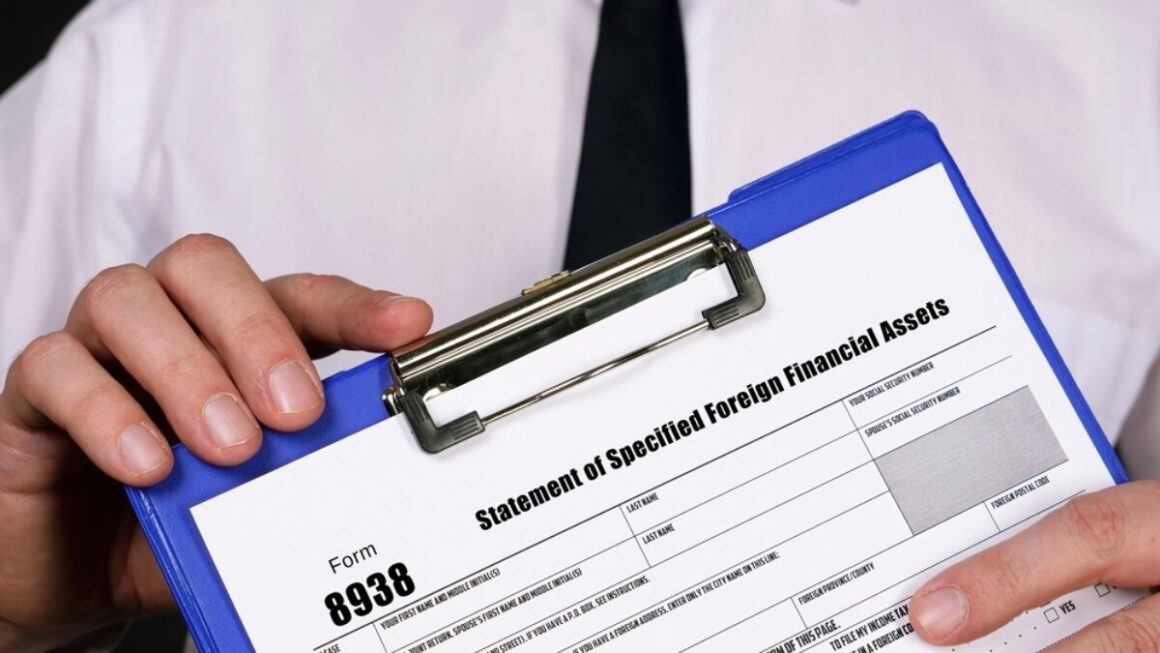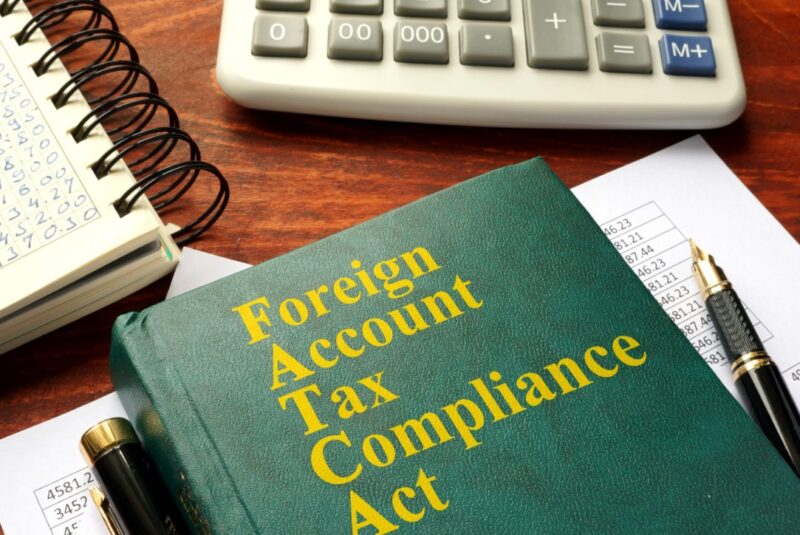As we head into 2025, knowing your FATCA reporting deadlines for foreign assets is crucial to avoiding fines, missed filings, and IRS scrutiny.
This article outlines the key FATCA filing obligations for 2025, important deadlines, common pitfalls, and tips to stay compliant.
Understanding FATCA ─ A Quick Refresher
FATCA requires U.S. taxpayers to report their foreign financial assets on Form 8938 (Statement of Specified Foreign Financial Assets), which is attached to their annual federal tax return (Form 1040). The form includes details on foreign bank accounts, securities, and other financial instruments.
In addition to individuals, certain domestic entities (corporations, partnerships, and trusts) may also need to file Form 8938 if they meet specific thresholds and hold relevant foreign assets.
It’s important to note that FATCA is separate from FBAR (FinCEN Form 114), although both may be required for the same accounts. Filing one does not exempt you from filing the other.
Who Must File FATCA (Form 8938)?

You may be required to file FATCA Form 8938 in 2025 if you meet any of the following thresholds:
- Single U.S. resident taxpayer: Foreign assets valued over $50,000 on the last day of the year or over $75,000 at any time during the year.
- Married filing jointly: Over $100,000 on the last day of the year or over $150,000 at any time.
- U.S. taxpayers living abroad (single): Over $200,000 at year-end or $300,000 anytime.
- U.S. taxpayers living abroad (married filing jointly): Over $400,000 at year-end or $600,000 anytime.
Note: “Living abroad” has specific IRS definitions based on residence and physical presence tests.
FATCA Deadlines in 2025
Since FATCA Form 8938 is submitted with your federal tax return, the deadlines are tied to your Form 1040 filing:
- April 15, 2025 – Standard deadline for filing Form 1040 and Form 8938 for most taxpayers.
- June 16, 2025 – Deadline for U.S. citizens and resident aliens living abroad (an automatic 2-month extension).
- October 15, 2025 – Extended deadline if you file for an automatic 6-month extension (Form 4868).
Failure to include Form 8938 by any of these deadlines, without a valid extension, can result in penalties starting at $10,000 per form.
FATCA Penalties to Avoid in 2025
Failing to file Form 8938 carries serious consequences:
- $10,000 initial penalty for failure to file.
- Additional $10,000 per month, up to a maximum of $50,000, for continued failure after IRS notice.
- Accuracy-related penalties of 40% for underreporting income related to undisclosed foreign assets.
- Criminal penalties in cases of willful noncompliance or fraud.
Unlike FBAR penalties, FATCA penalties are assessed and collected by the IRS and are enforced through the regular tax system.
Common FATCA Filing Mistakes

Avoid these frequent errors that could result in missed deadlines or penalties:
- Assuming you’re exempt because you file FBAR. Form 8938 is a separate requirement.
- Failing to account for all asset types. FATCA applies not just to bank accounts, but also to stocks, bonds, partnership interests, foreign pension plans, and more.
- Not knowing the thresholds for expats. Many overseas Americans mistakenly believe they are exempt due to foreign residence.
- Misreporting jointly held accounts. Each filer must report their share of joint accounts, even if the account is already disclosed by a spouse.
- Using incorrect fair market values. Valuations must be in U.S. dollars using year-end exchange rates.
How to Stay Compliant in 2025
Here are steps to ensure timely and accurate FATCA filings:
1. Start Early
Don’t wait until tax season. Begin gathering your foreign financial data early in the year to allow ample time for account valuation and documentation.
2. Track Exchange Rates
Use the correct Treasury year-end exchange rates when converting foreign balances into U.S. dollars. The IRS publishes this data annually.
3. Use the IRS Interactive Tools
The IRS offers online tools and FAQs to help determine if you need to file FATCA Form 8938.
4. Consult a Tax Professional
FATCA compliance can get complex, especially if you have diverse assets across multiple countries. A tax advisor experienced in international reporting can help ensure accuracy and mitigate risk.
5. Use Extensions If Needed
If you’re waiting on foreign institutions to provide year-end documentation, file Form 4868 to receive a 6-month extension.
What If You Missed a Prior Year?

If you’ve failed to file FATCA forms in previous years, the IRS offers several remediation options:
- Streamlined Filing Compliance Procedures ─ Available for taxpayers whose failure was non-willful.
- Delinquent International Information Return Submission Procedures ─ If you’re otherwise compliant, you can use this route to file late FATCA forms without penalties.
- Voluntary Disclosure Program (VDP) ─ For willful noncompliance with potential criminal exposure.
Consult a professional to choose the best path for resolving any past filing issues.
Final Thoughts
FATCA continues to be a cornerstone of U.S. tax enforcement abroad. With its integration into global banking systems and the IRS’s increased use of digital audit technology, noncompliance is easier than ever to detect—and harder to excuse. As we move through 2025, don’t let a missed deadline result in unnecessary penalties or IRS scrutiny.
Understanding your reporting obligations and filing Form 8938 on time is the best way to stay compliant and avoid costly surprises.


